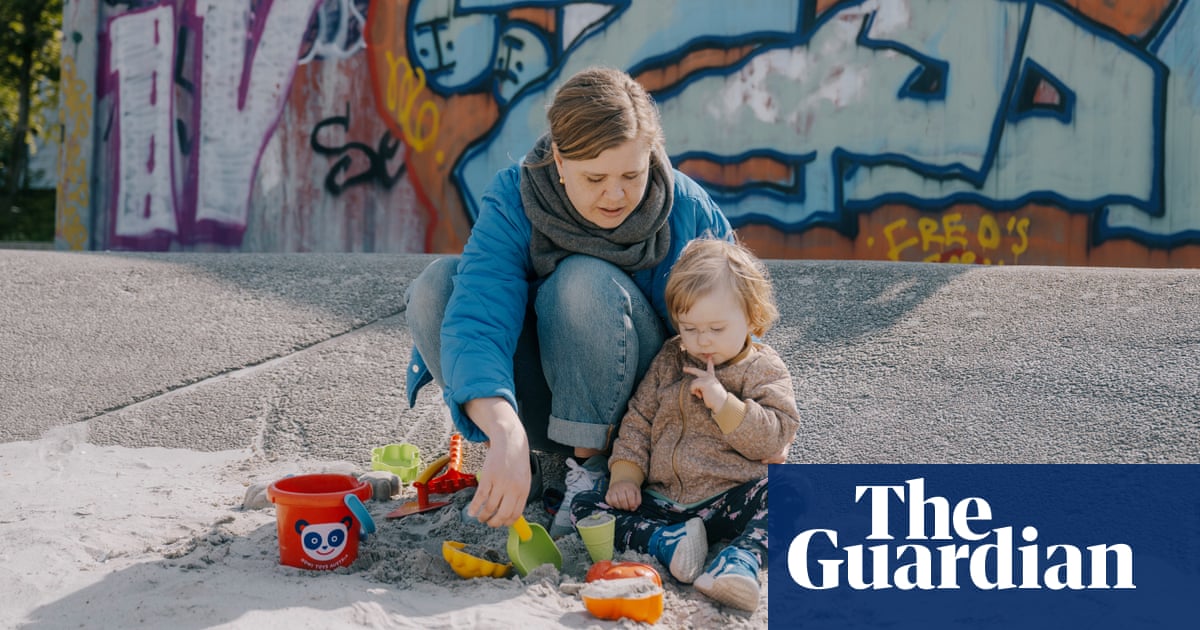
The World Trade Organization (WTO) on Monday finally got its new boss. Ngozi Okonjo-Iweala is highly qualified for the job as a former deputy of the World Bank, two-time finance minister of Nigeria, and outgoing chair of Gavi, the global alliance created to enable access to coronavirus disease (COVID-19) vaccines for the developing world.
The new director general – the first woman and African to hold the office with the organization – will need to draw on her abilities as an economist, her diplomatic skills, and persuasive powers as the challenges facing her are enormous.
As of late, the WTO has failed to convince in any of its three core functions: Facilitation and promotion of trade agreements, monitoring trade policies, and dispute resolution.
The last attempt of a multilateral trade agreement for developing countries, the Doha Round, ended in failure in 2008. Multilateral trade treaties remain elusive at a time when multilateralism is on the backfoot in favor of bilateral or regional agreements.
The dispute settlement body may be the organization’s most important arm on a day-to-day basis. Alas, the US refused to appoint judges for its appellate body, which paralyzed the function.
Okonjo-Iweala, 66, will need to reinvigorate multilateralism in trade debates and deal with the China-US trade dispute, at a time when the Chinese economic powerhouse, which is still treated as a developing economy by the organization, has become the world’s second-largest economy.
The importance of the WTO’s dispute settlement mechanism cannot be overemphasized, along with how to ensure the prerequisite judges get appointed.
Lastly, there are the big issues of the day, such as the environmental, social, and governance (ESG) compliance on trade, as well as how trade can be helpful in the global rollout of COVID-19 vaccine programs.
The last issue is a particularly thorny one, because India and South Africa have demanded that intellectual property protections for COVID-19 vaccines be waived to make them more accessible to developing countries. The EU, the US, Switzerland, and other countries home to big pharma, object vociferously.
In her first speech at the WTO, Okonjo-Iweala said that the organization needed to provide tangible results. She focused on ESG – the nexus between trade and climate change and how trade could help the economies of developing countries.
She feels particularly strongly about the WTO’s contribution to a fair and equitable distribution of vaccines – which has the purist up in arms, because they want to adhere to the traditional scope of the organization.
The above debates matter to the here and now. They go to the core of how the global economy is organized. The WTO counts 159 member countries and trade accounts for 60 percent of global gross domestic product (GDP), as Okonjo-Iweala pointed out in a Bloomberg interview.
Therefore, the future direction of the WTO matters to Gulf Cooperation Council (GCC) economies too because oil accounts for a substantial part of GDP. Oil is the premier fuel for transportation and as such is at the center of moving integrated supply chains and goods.
Most GCC economies also have strong diversification programs for their economies.
Looking at Saudi Vision 2030, mining and manufacturing are seen as important to the economy and job creation going forward. These sectors depend on the free flow of goods and unencumbered supply chains giving the dispute settlement mechanism more importance for them. In other words, the WTO’s new director general should be wished every success.
• Cornelia Meyer is a Ph.D.-level economist with 30 years of experience in investment banking and industry. She is chairperson and CEO of business consultancy Meyer Resources. Twitter: @MeyerResources
Disclaimer: Views expressed by writers in this section are their own and do not necessarily reflect Arab News" point-of-view











